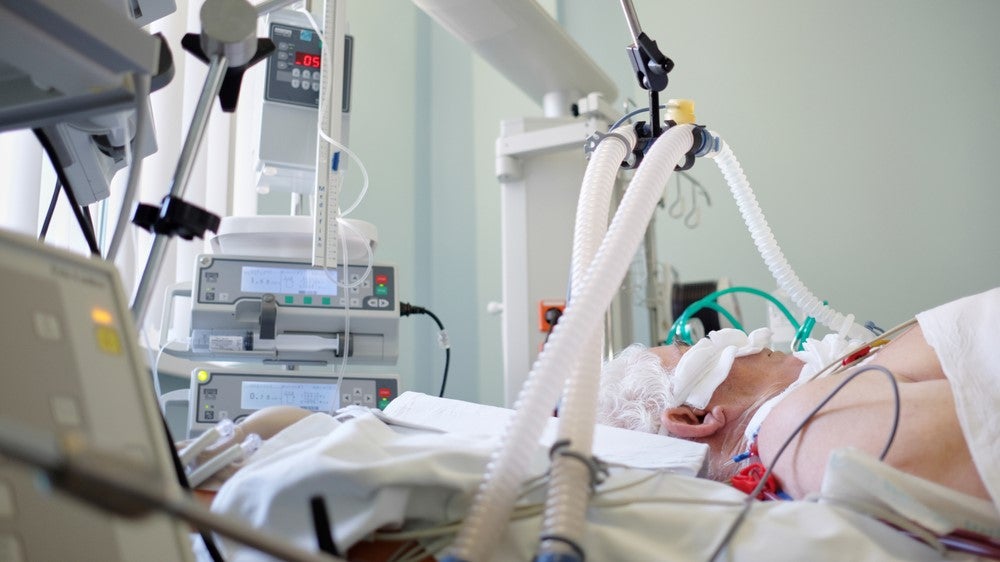STAT+: Pharmalittle: We’re reading about a FTC probe into GPOs, a frostbite drug, and more
The U.S. FTC is launching a probe into the extent to which group purchasing organizations and wholesalers may contribute to shortages of key drugs at hospitals.

Top of the morning to you, and a fine one it is. Clear blue skies are enveloping the Pharmalot campus this morning, where the official mascots continue to enjoy the tundra-like grounds and we are brewing yet another cup of stimulation. Our choice today, for those who track this sort of thing, is bananas Foster. As always, you are welcome to join us. Meanwhile, we would like to extend an invitation. For those who think we may know it all after covering pharma for nearly 30 years, here is your chance to find out. We are hosting a “Stump Pharmalot” session today at 1 p.m. ET, where you can ask us anything. Here is the sign-up link. And now, time to get cracking. Here are a few items of interest to help you get started. Have a smashing day and, of course, do stay in touch. …
The U.S. Federal Trade Commission is launching a probe into the extent to which group purchasing organizations and wholesalers may contribute to ongoing shortages of key medicines at hospitals and other facilities, STAT writes. The agency will explore how these companies — which are responsible for brokering and distributing countless medicines — might misuse their market power to influence pricing and availability. Three group purchasing organizations, or GPOs, buy drugs on behalf of most hospitals in the U.S., while three leading wholesalers supply about 90% of medicines to hospitals, clinics, and nursing homes, among others.
The U.S. Food and Drug Administration gave a warm reception to repurposing an old blood-pressure drug as the first medicine to treat severe frostbite, The Wall Street Journal notes. The agency approved an Eicos Sciences intravenous drug, which works by opening up blood vessels, for reducing the risk of amputation for frostbitten fingers and toes. An older version was approved in 2004 to treat pulmonary arterial hypertension, from a company now owned by Johnson & Johnson. A study showed that adults with severe frostbite who received the drug had no need for amputations.
What's Your Reaction?

































